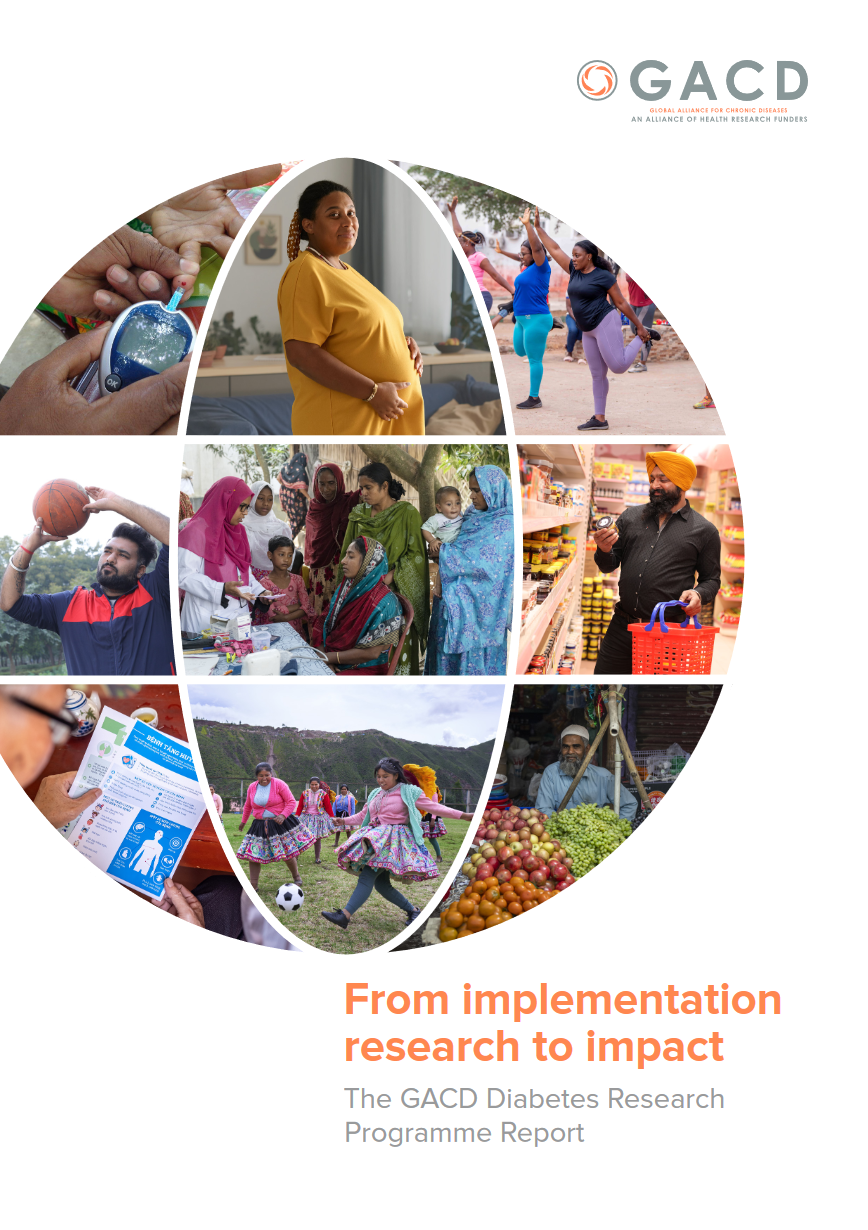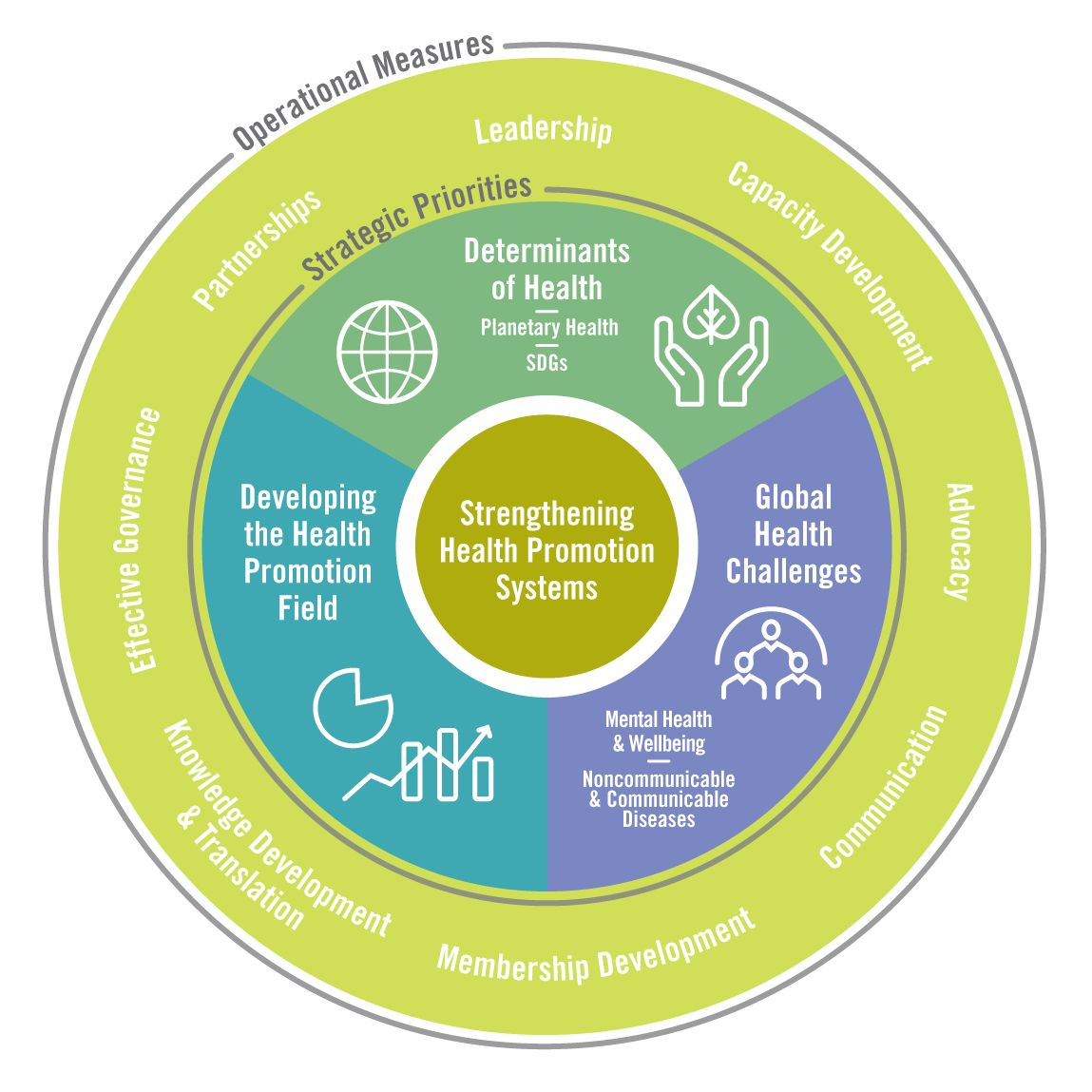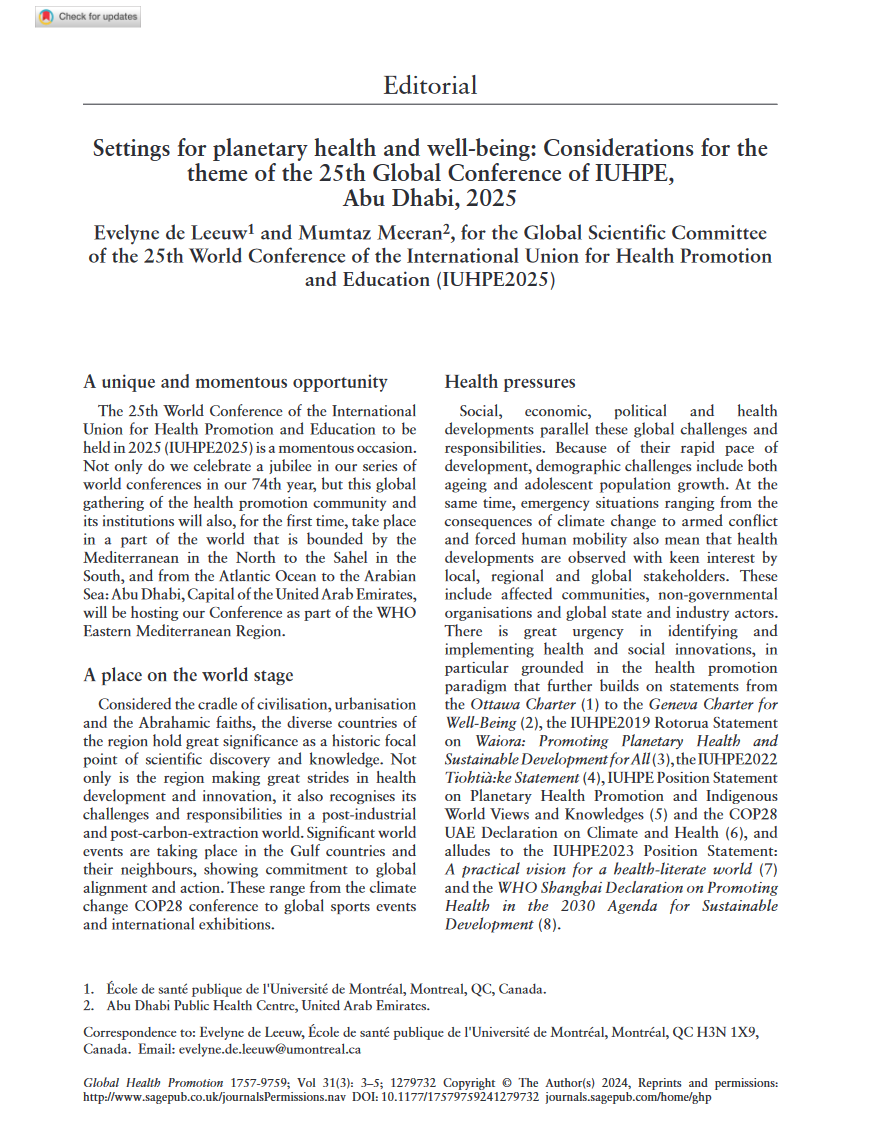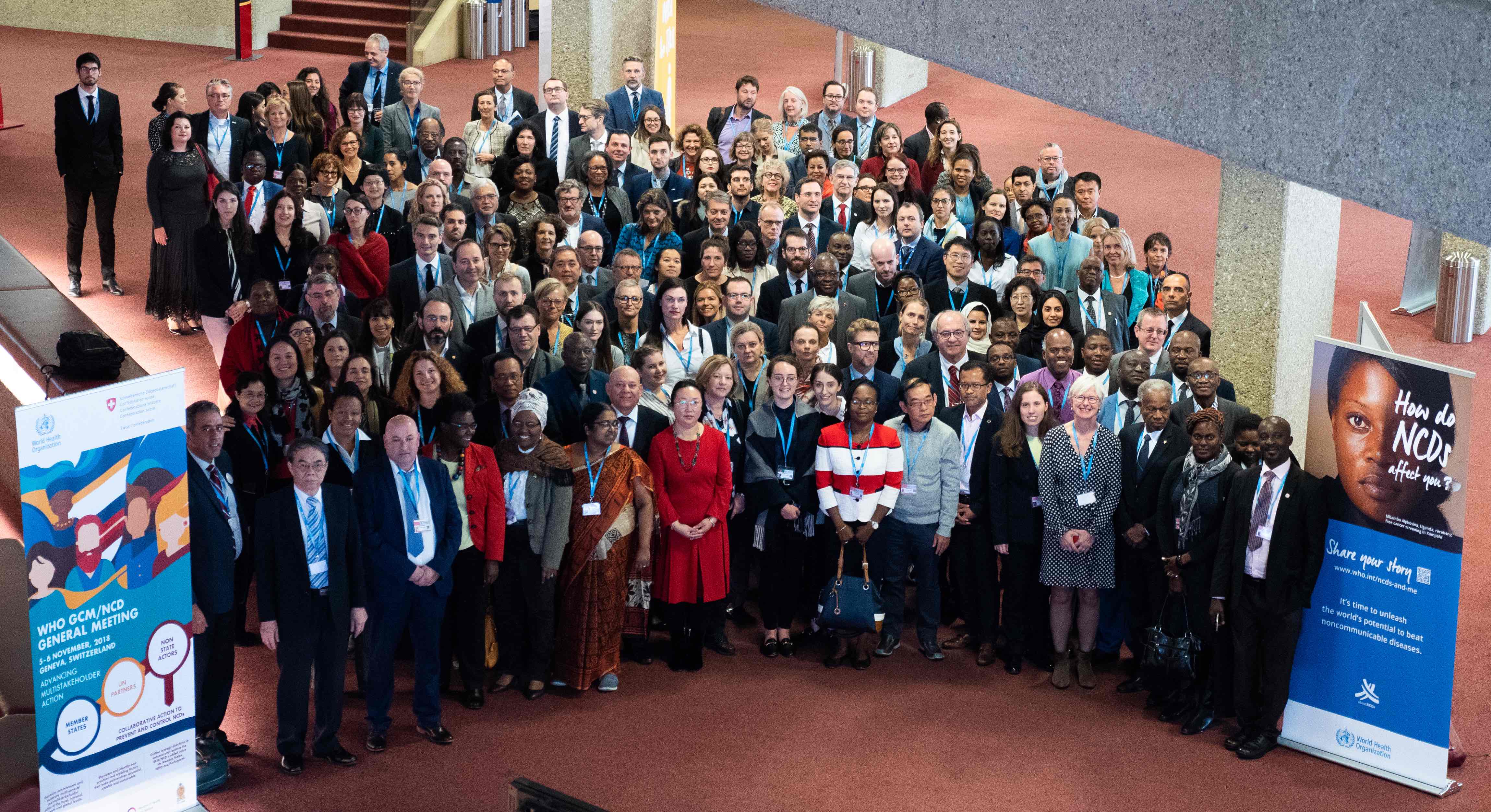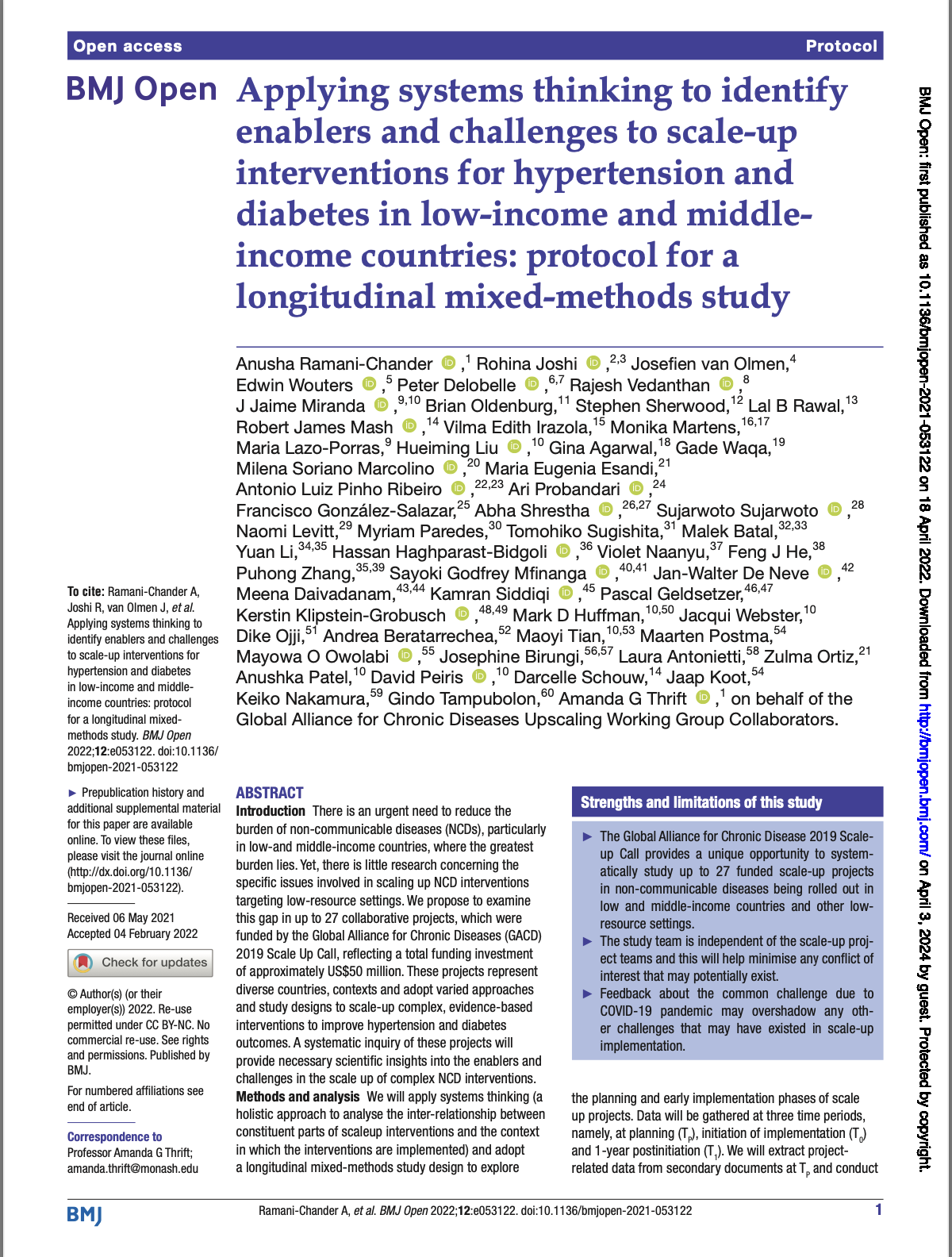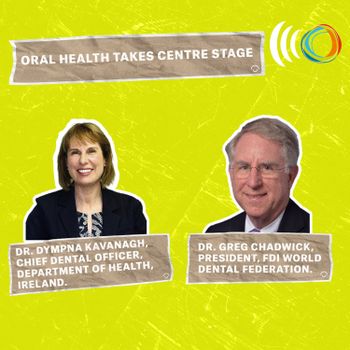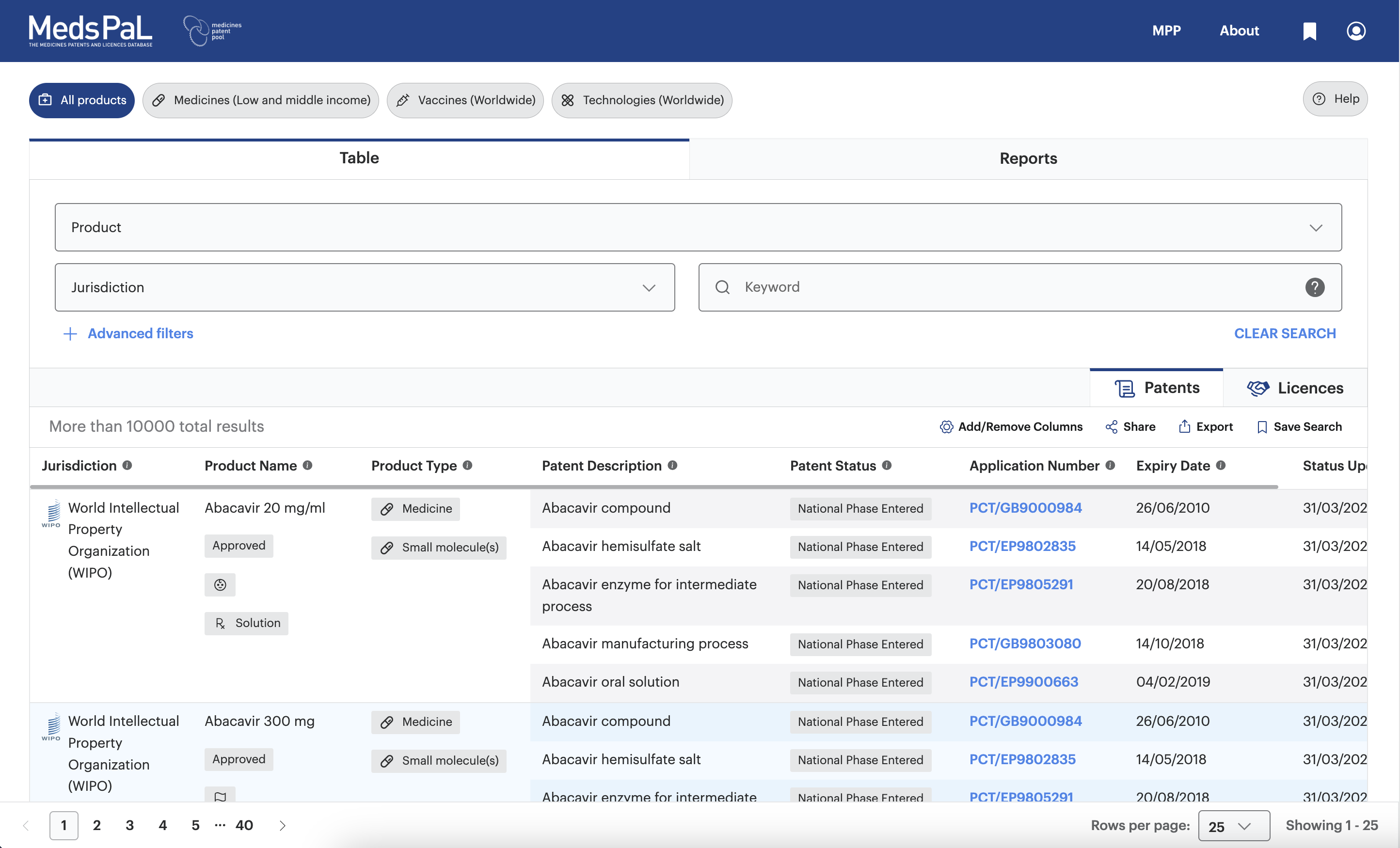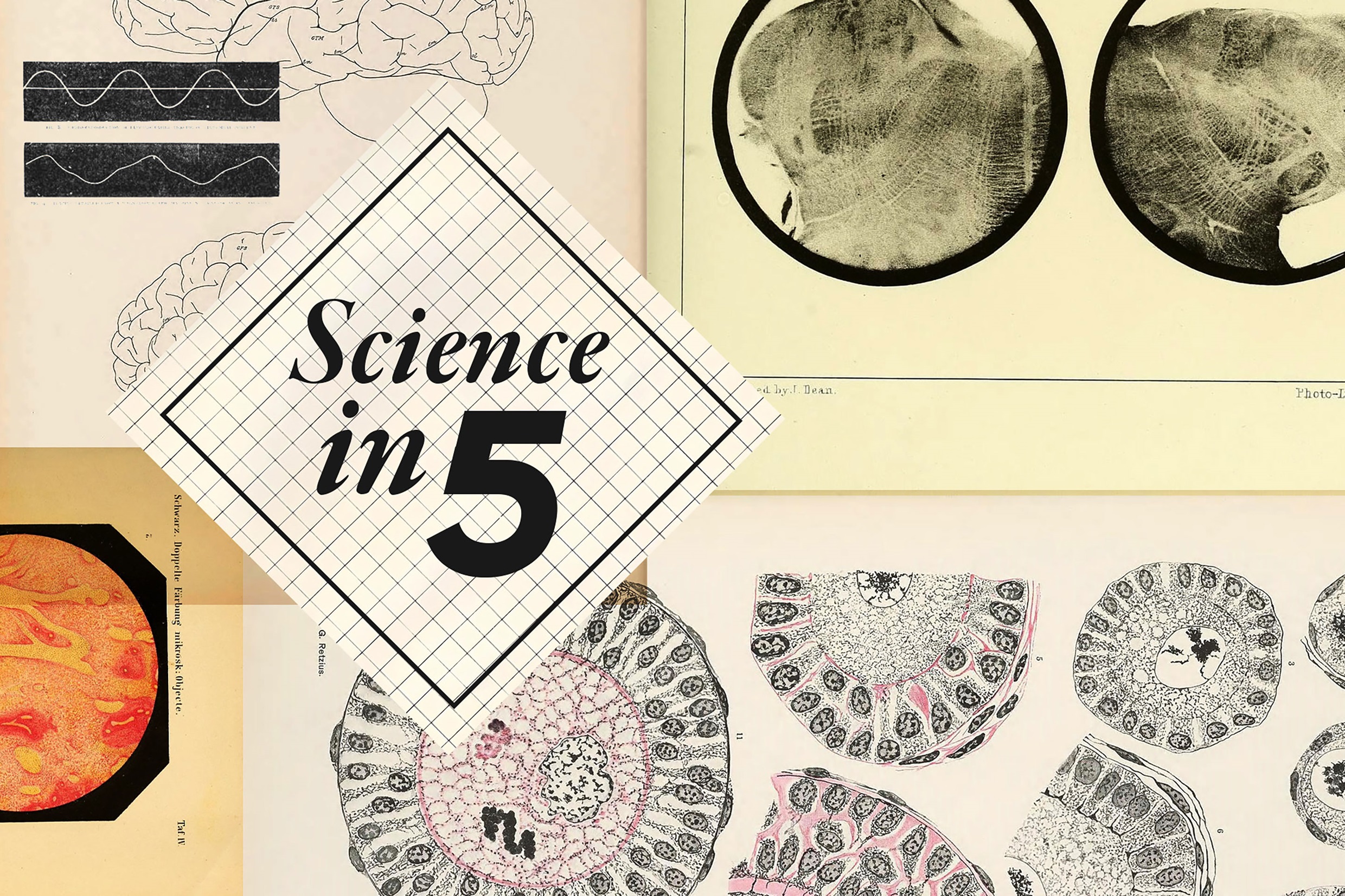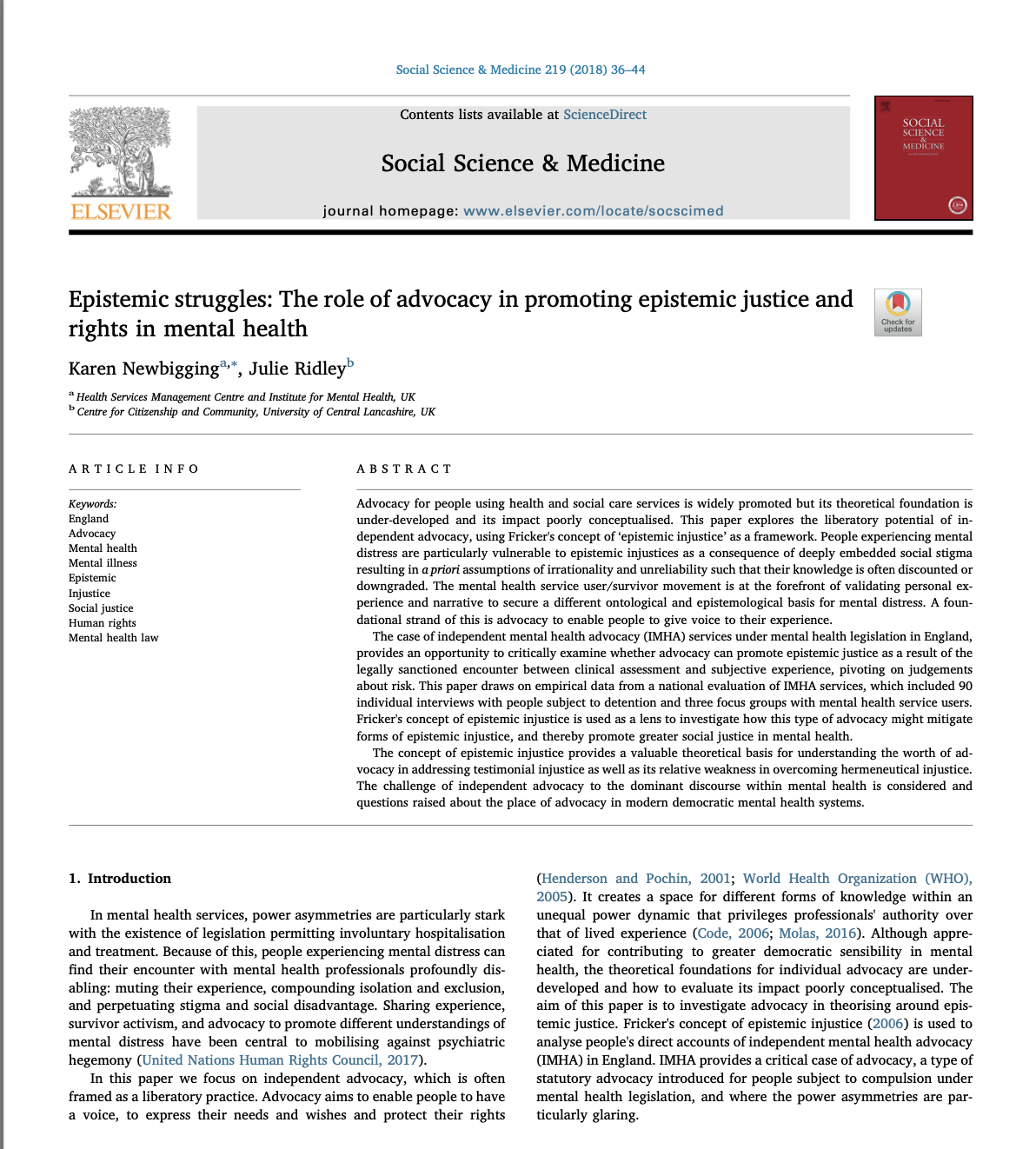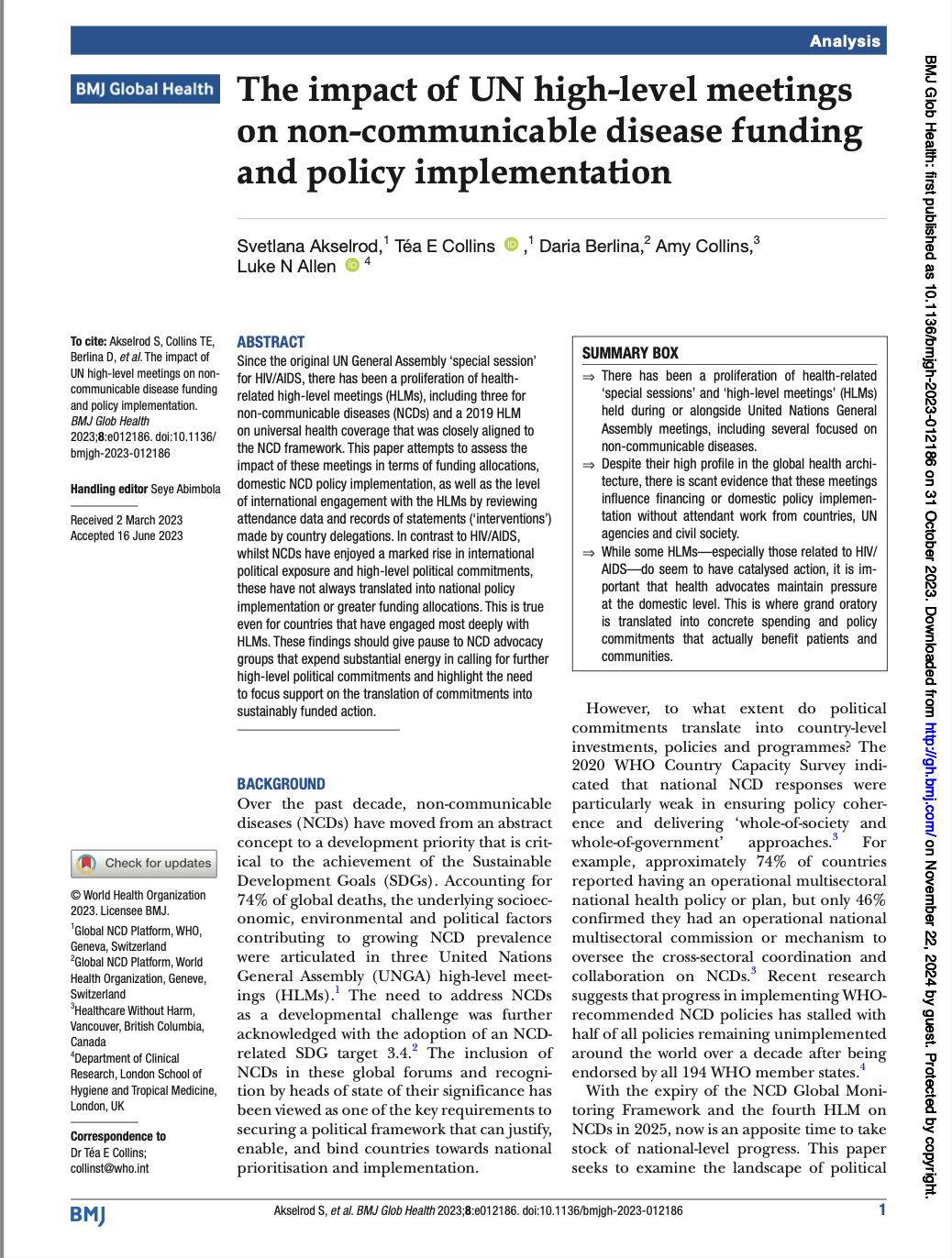Global Alliance for Chronic Diseases (GACD)
From implementation research to impact: The GACD Diabetes Research Programme Report
Report
29 Nov 2024
14 bold projects, 19 countries, one reportThe number of people living with diabetes is skyrocketing. By 2050, it’s expected to more than double from 2021 levels. To combat this crisis, the Global Alliance for Chronic Diseases (GACD) launched a grou...

